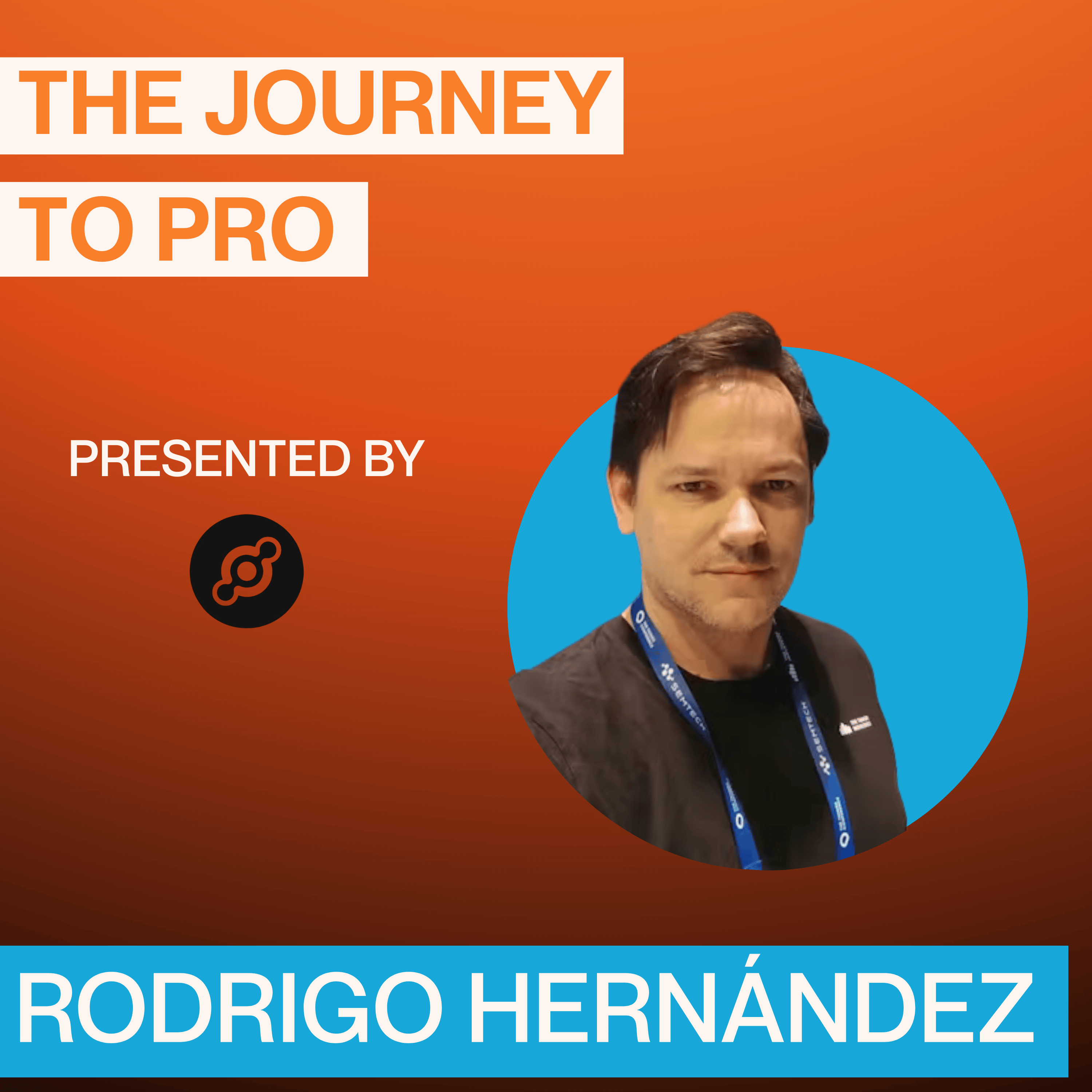The Business of LoRaWAN

The Business of LoRaWAN
Podcast Description
All about the business of LoRaWAN. How it works, who uses it, why, how they save or make money with it. Conversations with IoT pros willing to share their knowledge and help your business.
Podcast Insights
Content Themes
The podcast covers a range of topics related to LoRaWAN technology, including its applications in wildfire detection, agricultural innovation, smart city implementations, and environmental monitoring. For instance, episodes delve into how companies like Torch Sensors leverage LoRaWAN for rapid wildfire detection and how the technology can transform smart agriculture by deploying low-power sensors to collect data.

All about the business of LoRaWAN. How it works, who uses it, why, how they save or make money with it. Conversations with IoT pros willing to share their knowledge and help your business.
Rodrigo Hernandez, IoT consultant, educator, and author of Practical IoT Handbook, talks about building LoRaWAN systems that survive outside the lab and deliver real business value. Drawing on his early work with The Things Network and years of hands-on deployments, Rodrigo shares how his journey started with experimental LoRa links and single-channel gateways and evolved into consulting on full-scale IoT systems across multiple industries and countries.
The conversation explores why LoRaWAN is such a strong fit for large, sparsely connected regions like Argentina, and how that same logic applies globally to agriculture, oil and gas, utilities, and building management. Rodrigo explains why LoRaWAN should be treated as a strategic infrastructure layer rather than just a radio protocol, emphasizing long battery life, unattended operation, and the ability to cover remote or difficult environments with minimal operational overhead.
He also digs into the realities of deployment, including why site knowledge still matters, how interference and placement can make or break a project, and what separates successful IoT rollouts from those that struggle. Using real consulting examples, Rodrigo highlights common failure points such as poor sensor choice, lack of on-site expertise, and underestimating the complexity of data handling once devices are live.
The episode closes with a deep look at IoT data visualization and analytics, where Rodrigo explains why clean, well-structured data is essential for meaningful dashboards, how heterogeneous payloads create hidden costs, and why getting data normalization right early is critical for long-term scalability and business insight.
Practical IoT Handbook – Amazon Affiliate Link
- Helium Global IoT Coverage – Want to know if Helium coverage exists where you need it? Check out this map!
- Helium Foundation – The Helium Foundation’s IoT Working Group (IOTWG) has generously provided support for the first 6 months of shows, please go check them out and consider using the Helium LoRaWAN as a primary or backup on your next deployment. With over a quarter million gateways deployed worldwide, it’s likely that you have and can use Helium coverage.
- Support The Show – If you’d like to support the MetSci Show financially, here’s where you can donate on a one-time or an ongoing basis. Thank you!
- MetSci Show – If you’d like to use our IoT or AI Data Value calculators, or you’d like to contact me, the MetSci Show site is the best way to do it.
- MeteoScientific Console – Use LoRaWAN – The MeteoScientific Console allows you to use LoRaWAN today. As long as you have Helium coverage (and you probably do, about 90% of populated areas in the world have a gateway within 2 miles), you can onboard a sensor. You can always check coverage at https://explorer.helium.com and switch to the “IoT” tab in the top right.

Disclaimer
This podcast’s information is provided for general reference and was obtained from publicly accessible sources. The Podcast Collaborative neither produces nor verifies the content, accuracy, or suitability of this podcast. Views and opinions belong solely to the podcast creators and guests.
For a complete disclaimer, please see our Full Disclaimer on the archive page. The Podcast Collaborative bears no responsibility for the podcast’s themes, language, or overall content. Listener discretion is advised. Read our Terms of Use and Privacy Policy for more details.